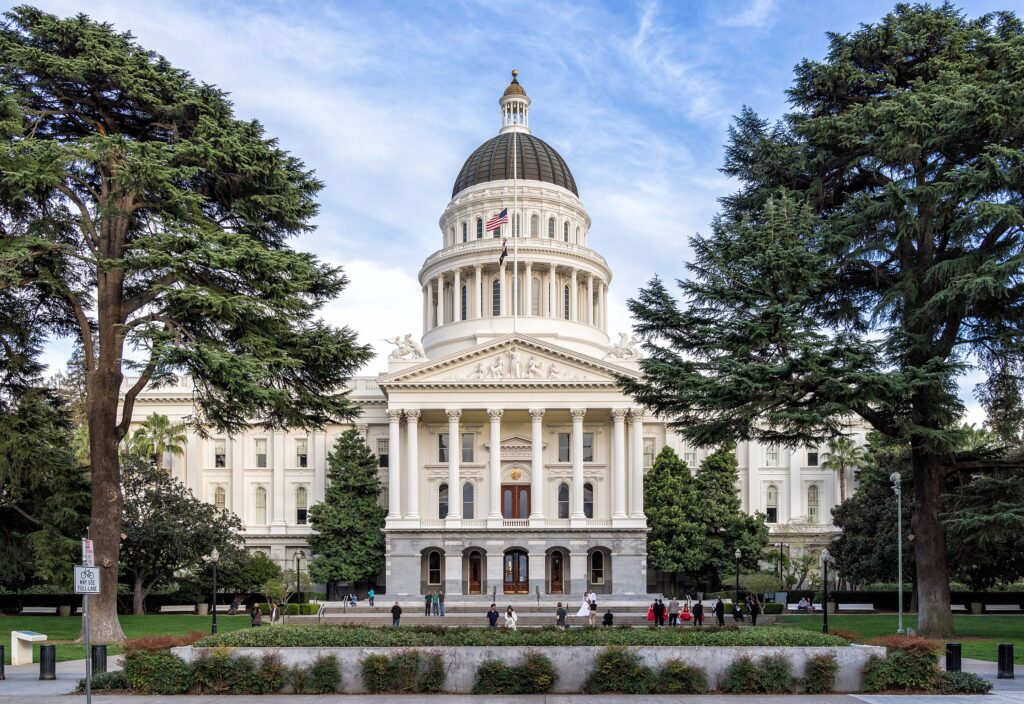
Most business owners are familiar with the IRS and also the California Employment Development Department (EDD). But there’s an equally important department that every business owner needs to be aware of — the California Department of Tax and Fee Administration (CDTFA). I am often asked by California tax payers and San Francisco business owners what they need to know about the CDTFA. Let’s look at what the CDTFA does and the different aspects of the organization.
The CDTFA is known for its distinctive, and often aggressive, sales tax audits. The initial audit test that is carried out by the CDTFA is an in-depth comparison of the sales recorded in the taxpayer’s records and the sales reported on the taxpayer’s sales tax return. Additionally, the CDTFA can perform a mark-up test, cash vs. credit test, use tax test, alcohol pour test, Amazon sales test, hot vs. cold, in-store and to-go test, and more. Each industry has its own set of standard tests and the CDTFA is there to review your business to ensure it’s paying the correct tax.
Running a business comes with enough pressure already. Understanding how state tax agencies affect your operations can bring clarity, reduce stress, and help you stay compliant with confidence.
After the sales tax audit is completed, a Notice of Determination is issued and the business owner receives an Excel summary of the findings. I recommend working with an experienced tax attorney to help you review the findings and how to respond to the CDTFA. If the taxpayer and business owner wants to appeal the audit, that process is handled through the Office of Tax Appeals (OTA). Keep in mind there is a 30-day deadline to appeal the audit results.
Another reason I always recommend working with a tax attorney is because a sales tax liability can also be carried out against a responsible individual. The CDTFA is always on alert when it discovers the inability of a corporate taxpayer to pay off the sales tax it owes. In this situation, a “dual determination” will be issued and the CDTFA can enforce an assessment of unpaid sales tax against the individuals of the organization who are in charge of filing and/or payment of the sales tax. Knowing this makes it more important for an attorney to challenge an audit by the CDTFA if errors were noticed in its assessment.
Once the audit appeals are completed and determinations of tax liability are made, the business owner then transitions to the CDTFA settlement program. The settlement program is available to taxpayers or feepayers who have a petition for redetermination, administrative protest or claim for refund pending in connection with a tax or fee liability administered by CDTFA. Additionally, the settlement program is intended to expedite the resolution of tax and fee disputes consistent with a reasonable evaluation of litigation risks and costs. You can settle your case with the agency’s settlement division once the petition has been filed. The good news is that many cases arising from sales tax are resolved at the CDTFA settlement division.
While working with the CDTFA may sound complicated and the audit process can be intimidating, the fact is that audits are a common occurrence for many California business owners. Do not try to navigate a CDTFA audit or work with the agency on your own. It’s always best to work with an experienced San Francisco tax attorney who can help you see your way through the process.
Allison Soares is a partner and tax attorney at Vanst Law LLP. It doesn’t matter the issue: audits, collections, appeals, international disclosures, grumpy people— Allison enjoys fixing problems. In addition to her legal work, she has worked in accounting and utilizes that knowledge to her advantage while handling cases involving EDD audits from San Francisco to San Diego.

